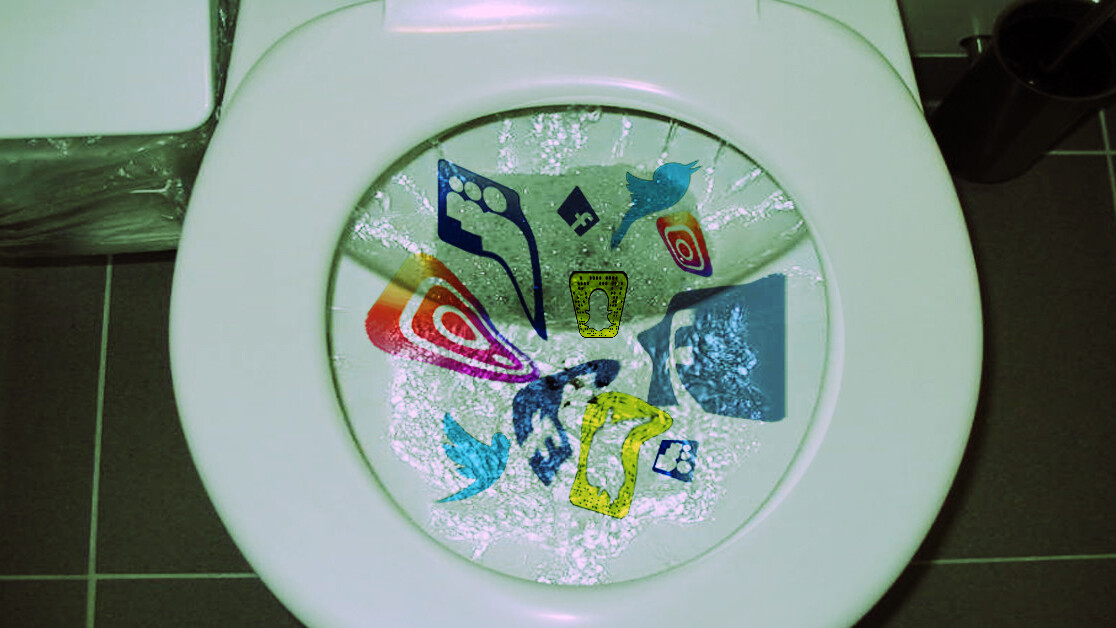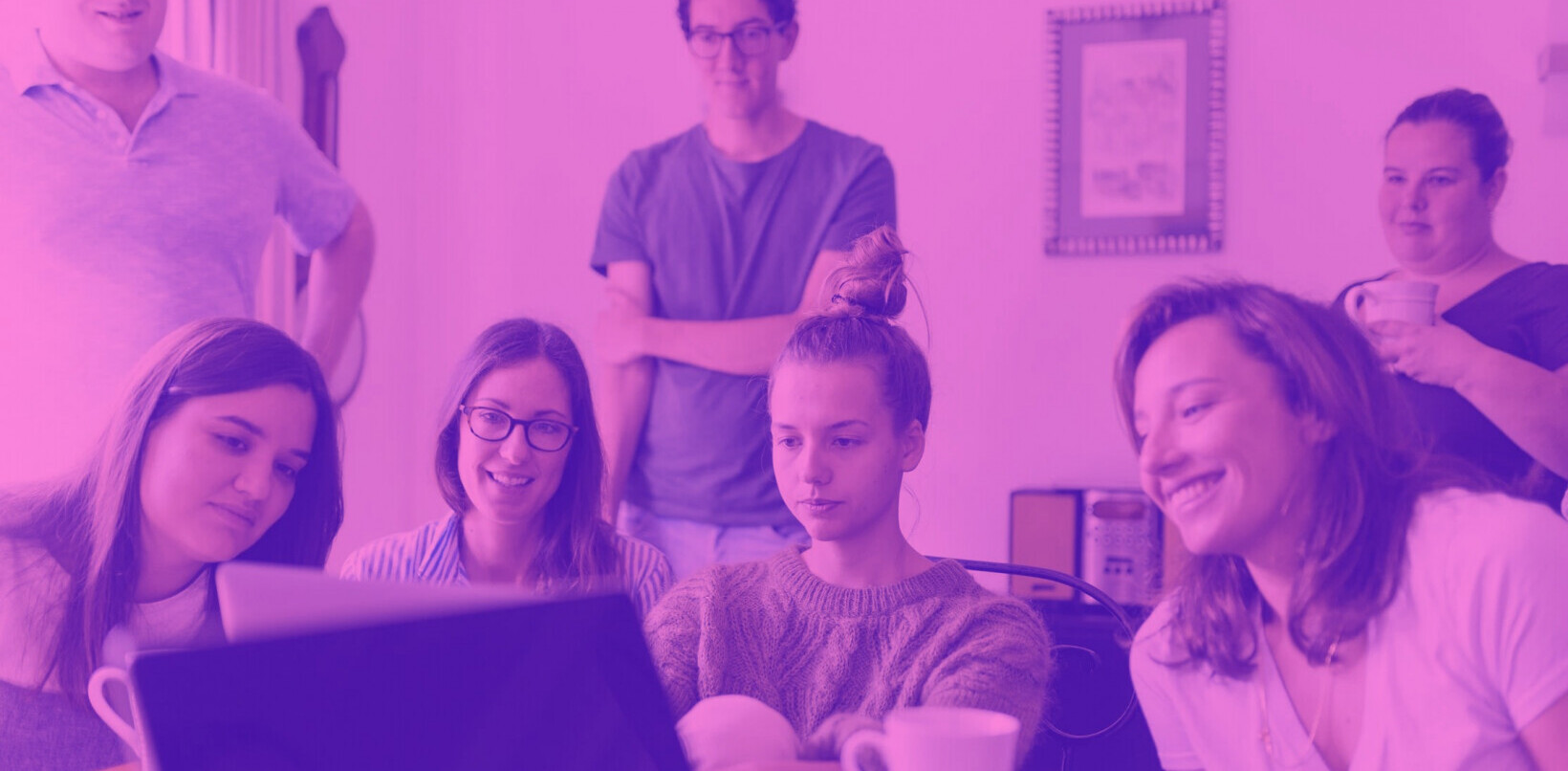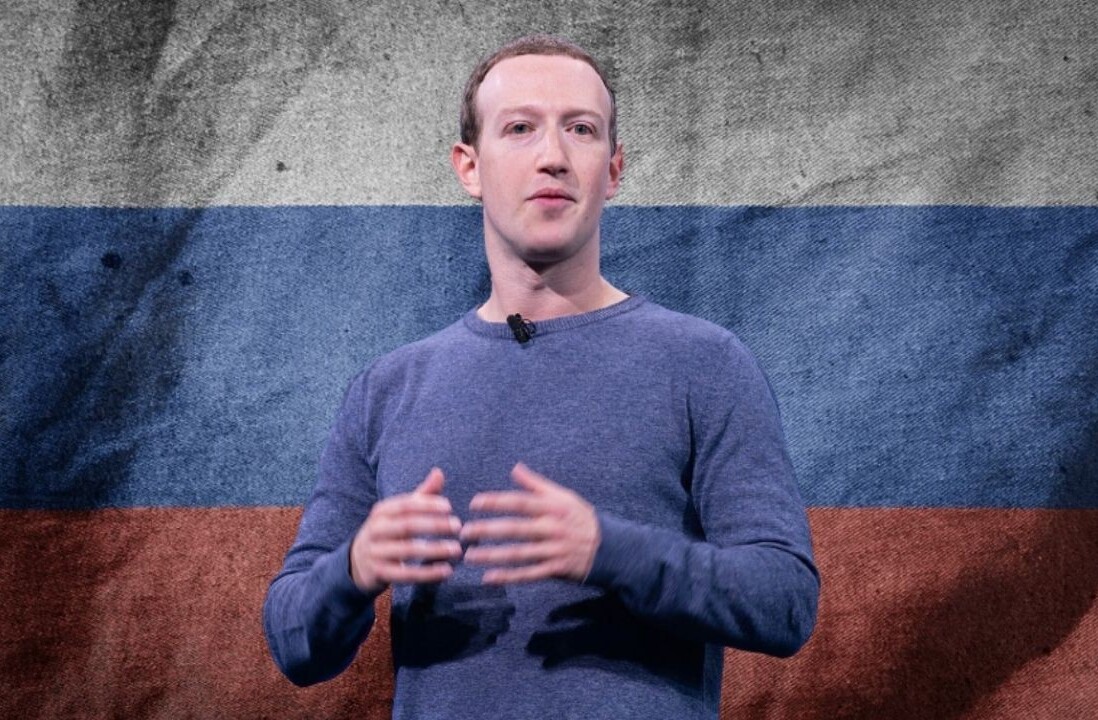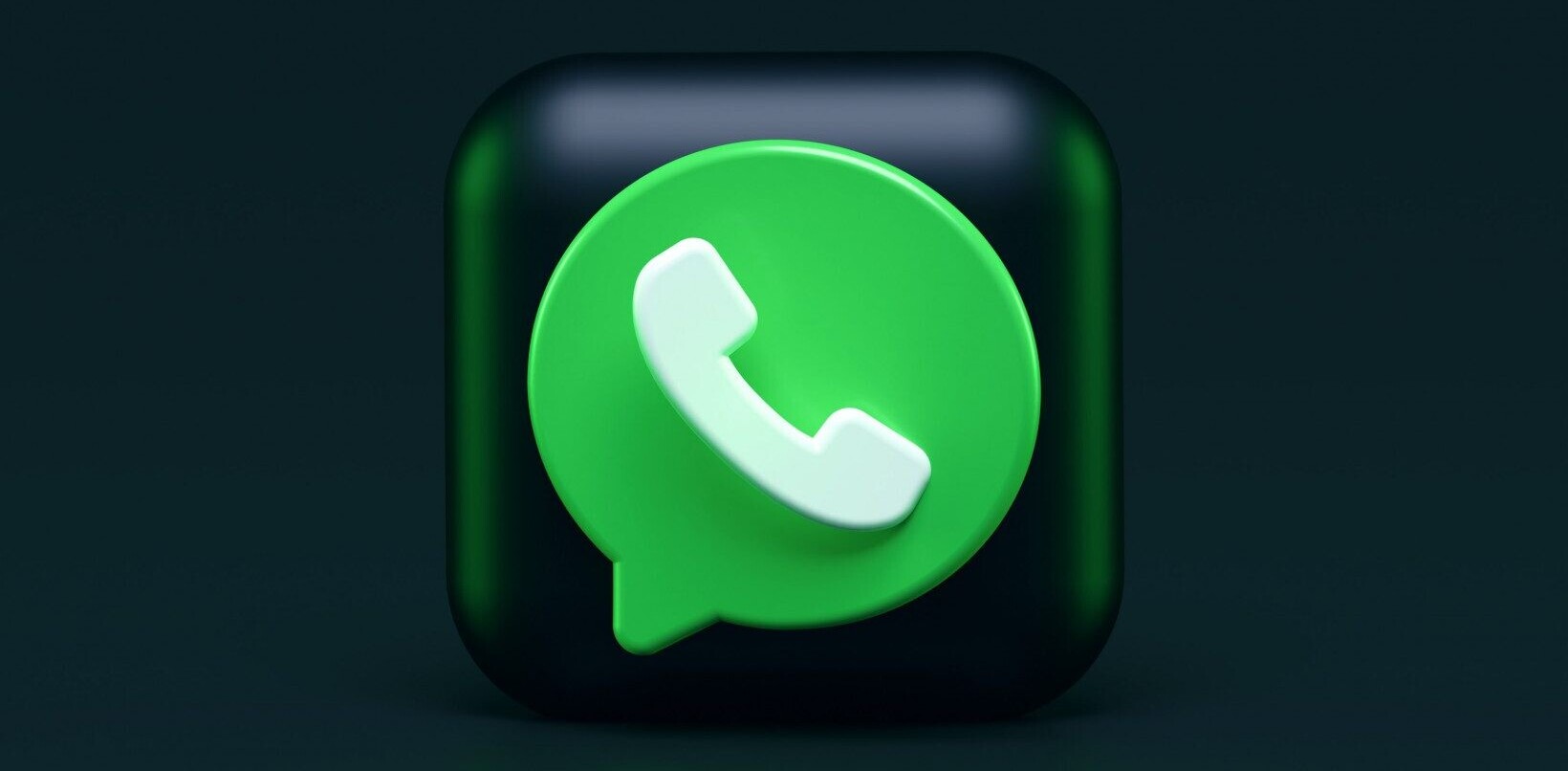
There’s no future for social media networks.
When millennials are in their 40s, they’ll look back on the days of social media networks with the same sense of nostalgia Generation X remembers AOL. Facebook and most of the others will be gone before you know it, and there won’t be any replacements.
I just wish we could do something to speed up the process.
Before we dive in, it’s important to keep one thing in mind: Facebook is probably the most ubiquitous man-made thing in history. Billions of people use it. And among the handful of people on the planet who don’t, most of them at least know about it. It feels crazy to think it – and all the other billion dollar social networks – could just up and vanish. Yet, I think they will.
The reason for my negative outlook: social networks don’t actually do anything. They’re all just doorways to other people’s information — like the ‘web access portals’ of the 90s.
When AOL first launched it served an important purpose. The average consumer didn’t know how to ‘get online’ or what to do when once they got there. Things have changed, and so has AOL. It’s been mashed together with Yahoo into a company called Oath owned by Verizon.
Of course Facebook is bigger than AOL, Verizon, Myspace, or any other cautionary tale of a company. Most people don’t seem to think it — and the other giant social networks — will fail.
Business Insider’s Jim Edwards recently wrote an article titled “No one thinks this is ‘the end of Facebook’ … yet investors sense blood in the water,” which certainly indicates the popular opinion is social media networks are going to be just fine. But in the article he says:
It’s premature to talk about “the end of Facebook,” of course. The company has 2 billion users. It is not MySpace. But there is no law of physics that requires Facebook continue to be the dominant social media app in our lives. In fact, the history of social media is that all these apps eventually experience some sort of decline or stagnation, often as new ones come along but sometimes simply because the masses decide one platform is suddenly uncool, and they move away. TheGlobe.com, Friendster, Path, Livejournal, YikYak, Secret, Tumblr. Twitter and Snapchat have both seen their user-base growth slow.
There’s no such thing as too big to fail, and as Edwards points out, there’s nothing forcing us to use these social networks.
But, it isn’t just people’s mercurial nature that makes me believe our love affair with likes and shares is ending. Social media networks are like cigarettes: they provide certain benefits, but are still bad for you.
Last year Vanity Fair’s Nick Bilton wrote:
Will a future generation look back in 10, 20, or maybe 100 years from now and wonder, mystifyingly, why a generation of humans believed in these platforms despite mounting evidence that they were tearing society apart—being used as terrorist recruitment tools, facilitating bullying, driving up anxiety, and undermining our elections—despite the obvious benefits and facilitations they provide?
The problem is, a lot — maybe even the vast majority — of what we consume on social media networks are things we don’t care about. Social media is bloated with advertising, bots, memes, and information that’s better served elsewhere (or not at all). As soon as someone comes up with a new way of sharing and engaging in social media that gets rid of all the crap, we’ll forget about Zuckerberg and Jack.
As consumers, we’re already clamoring for a simpler solution. Sooner rather than later, I hope, we’ll move away from centralized social networks that exploit our attention span for advertisers.
Ideally, we’d share social media over a non-profit decentralized platform maintained through open source code. I have no idea what this magical decentralized way of engaging with each other and sharing media will look like. But I’m confident a generation that’s grown up on social media networks and modern technology will figure it out.
I have to believe there’s a better way of bringing people together than giving our privacy away to companies that literally research and develop ways to be more addicting to us. We deserve all the good that Facebook and other centralized social networks do — but not at the price we’re paying.
The Next Web’s 2018 conference is just a few weeks away, and it’ll be ??. Find out all about our tracks here.
Get the TNW newsletter
Get the most important tech news in your inbox each week.





